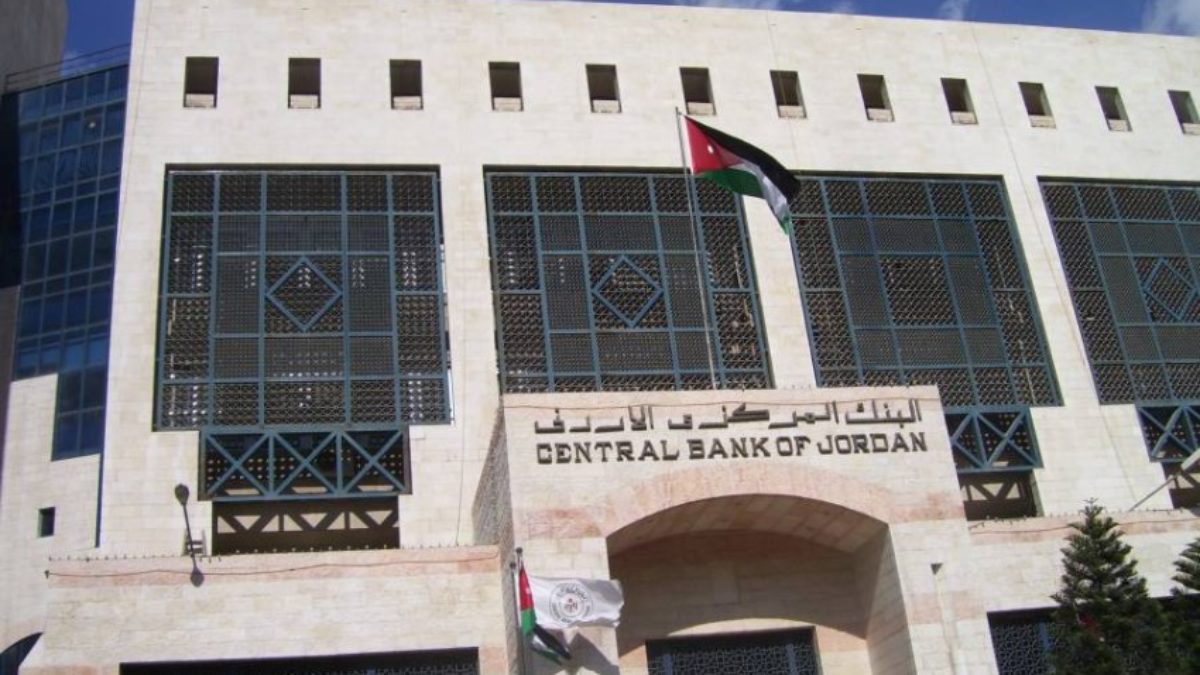Jordan’s central bank decided to allow all licensed banks in the Kingdom to distribute cash dividends to shareholders. However, banks shouldn’t distribute more 12% of the paid-up capital if the bank achieved profits in 2020, the central bank said.
The Central Bank said its decision comes as operating banks’ liquidity and solvency levels are comfortable.
In 2019, the Central Bank banned banks from distributing cash dividends. The move aimed at strengthen their solvency in light of the Coronavirus risks.
The statement said the profit distribution process is conditioned to whether the bank achieved profits in 2020 or not. The distribution of profits shouldn’t violate law requirements and instructions regarding the regulatory capital adequacy ratios and statutory liquidity ratios, the central bank said.
The central bank’s board of directors issued the dividend distribution decision.
The Jordanian banking sector has 25 local and foreign banks, including four Islamic banks.
Central banks in some countries ban cash distributions to strengthen banks steadfastness in facing the Coronavirus challenges.
Banning cash dividends distribution
Similarly the Central Bank of Egypt prohibited Egyptian banks from distributing annual or withheld distributable cash dividends to shareholders.
The Central Bank of Egypt said it would “not permit banks to distribute cash from the general profit or retained earnings to shareholders to confront risks that may stem from the continuing COVID-19 crisis.”
The Central Bank of Jordan was established in 1950 according to Central Bank of Jordan law issued in 1959. It started to be operational on October 1, 1964.
Related:
Jordan Sales And Income Tax Collections Increased By 8% Over 2019























































